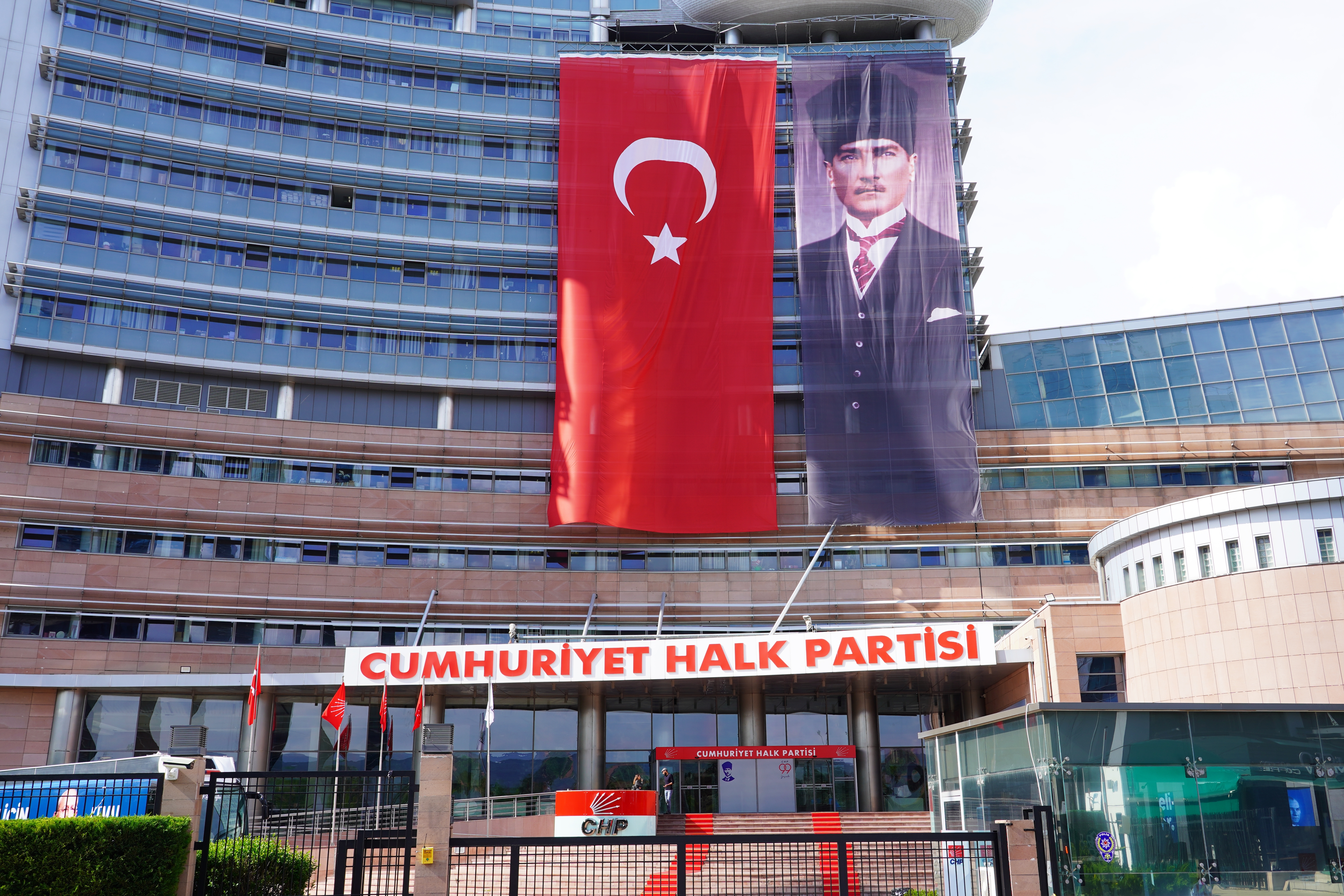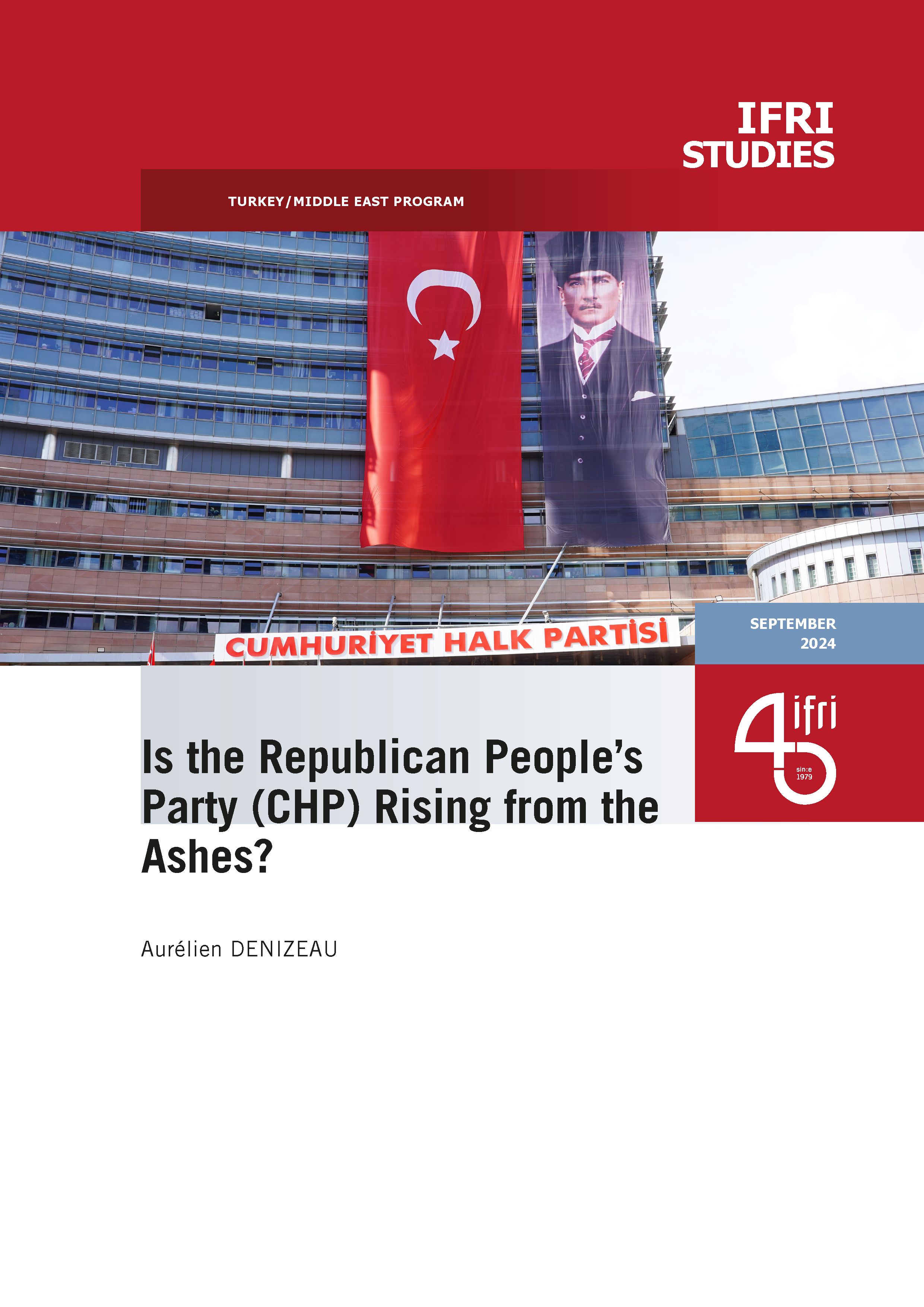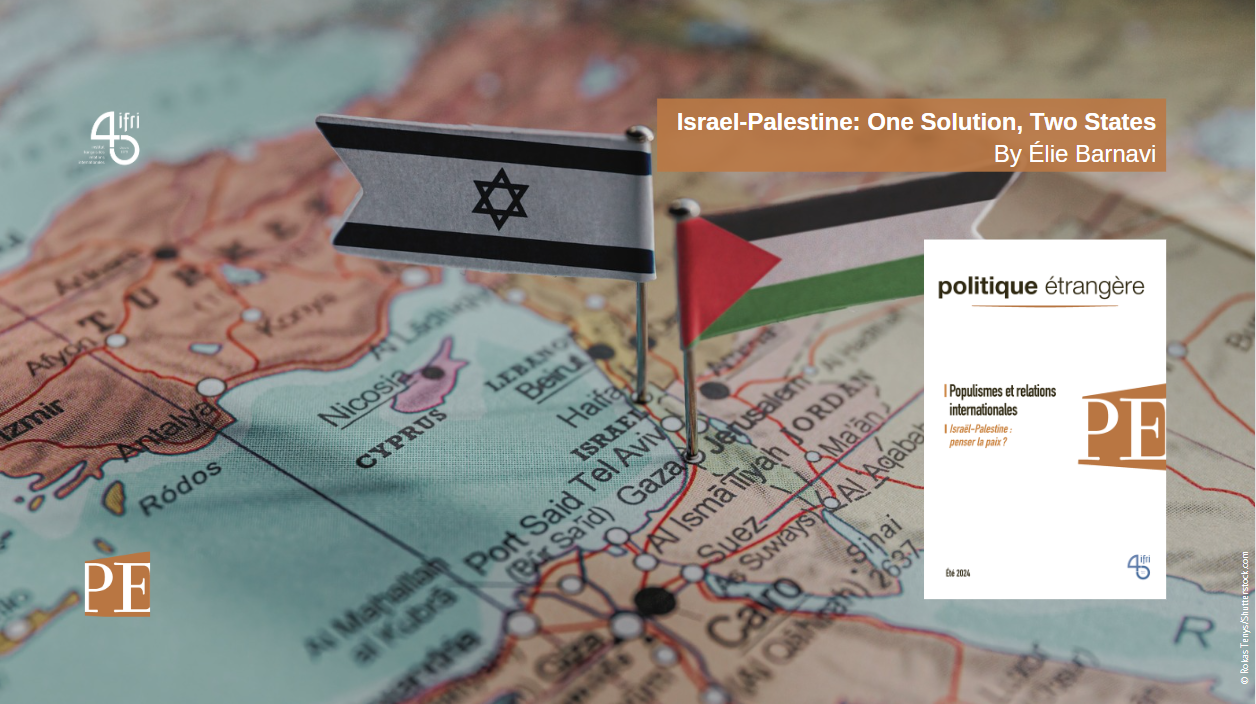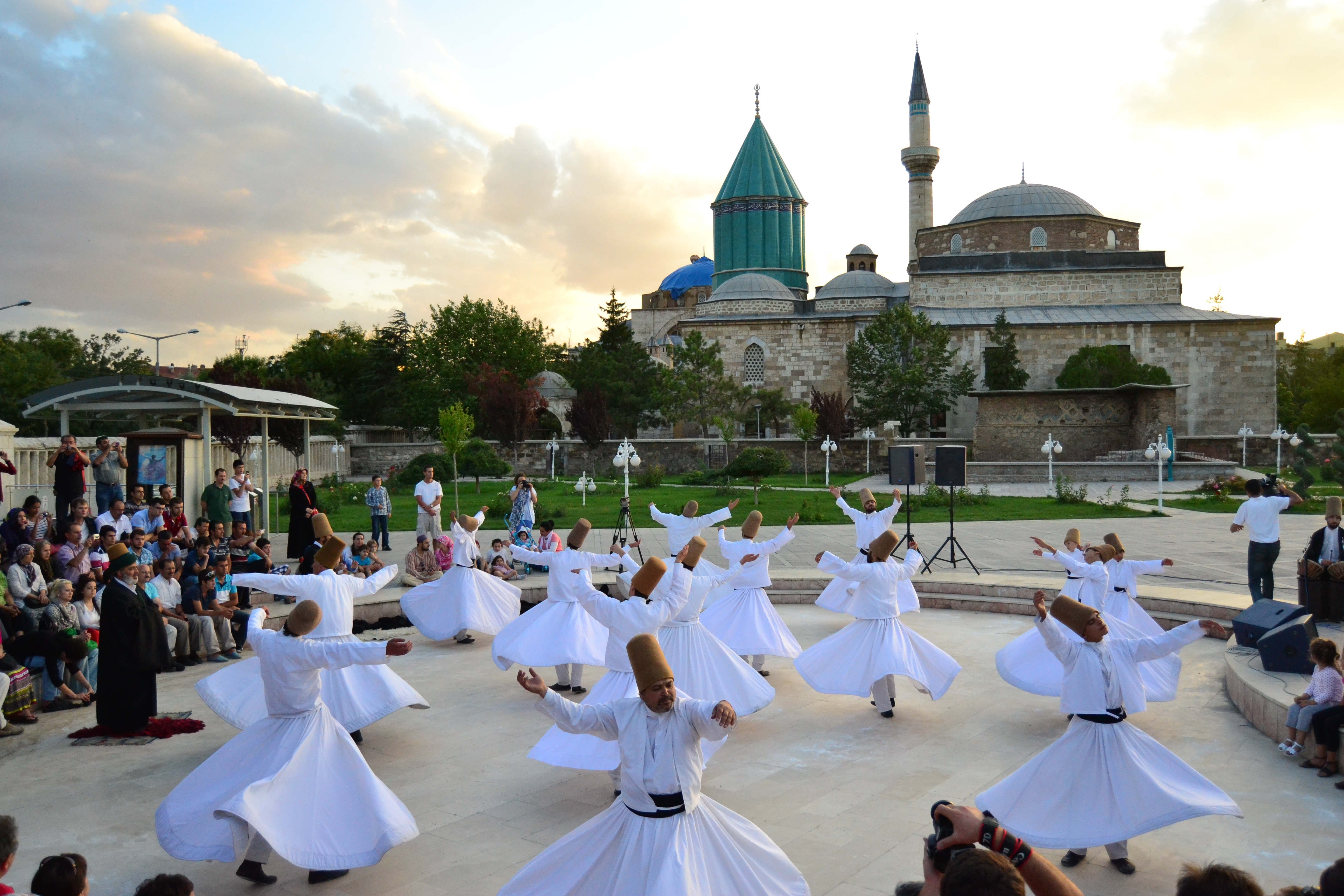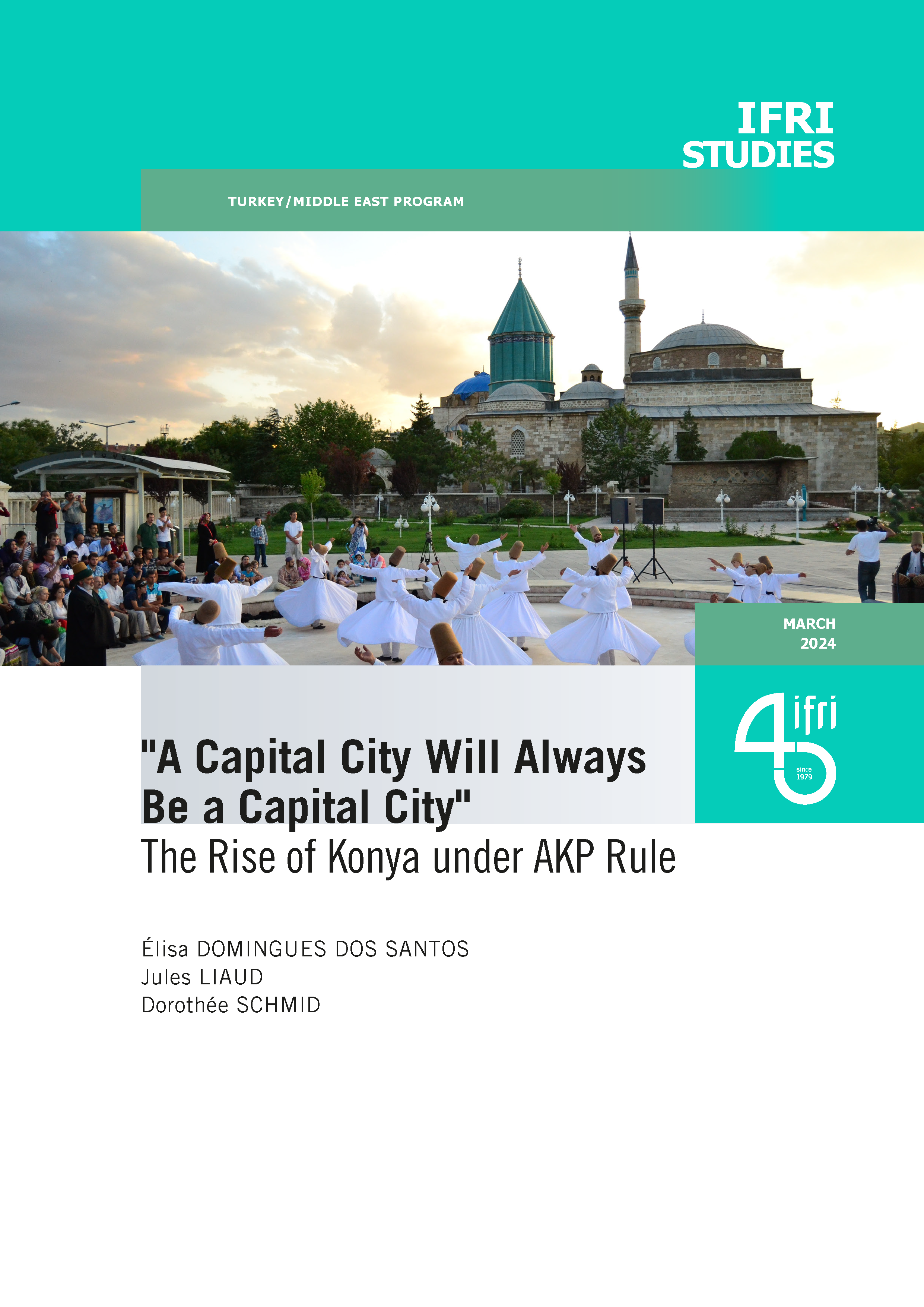Turkey/Middle East Program
Ifri's Turkey/Middle East Program aims to provide expertise on the trends and developments in politics, societies and economies across the region.
The programme has the following objectives:
- Proposing a new approach towards the MENA region through an analysis of local, regional, and international dynamics with the potential to guide and influence new policies.
- Highlighting the role of foreign powers which have traditionally been present in the region and analyzing the new role taken on by emerging countries ;
- Anticipating new directions and outlooks in each country.
- Interpreting risks and potentials and putting forward new templates for analysis.
The programme has built a dense network of researchers and experts who provide expertise on the MENA region and working together on a range of crosscutting themes.
Read more

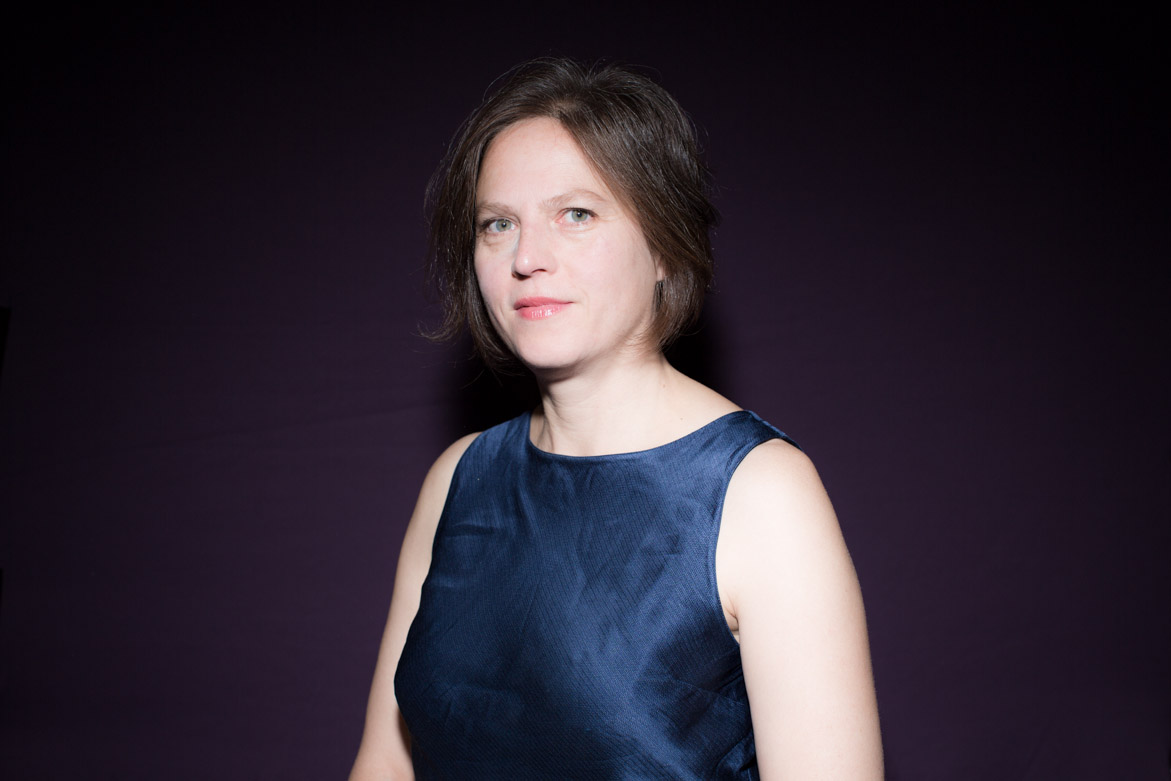
Head of the Turkey/Middle East Program, Ifri
Publications
See all our interventions
Flagship Publications
Titre Bloc Axe
Research Areas
See all our interventions
Titre Axe de recherche
Türkiye Observatory
Türkiye Observatory's main objective is to sustain a regular flux of information provided by esteemed experts. This allows us to account for the rapid transformations that affect today's Turkish society, economy and political world.
This information can be accessed on Ifri's website where we regularly post "notes d'analyses"- short papers (5-6 pages long) tackling topical issues. These notes are produced by Turkish researchers and analysts, and by experts on Türkiye and its immediate regional environment. Every note is commented on by another expert in the form of a short interview, in order to provide a counter-perspective to the points made in the note. This allows the expression of different, competing points of view and thus launches a debate on the important issues Türkiye is facing.
Although it priviledges a policy oriented and contemporary analysis, the Observatory whithin the Contemporary Türkiye Program also tackles the historical and sociological dimension of things, in order to better understand present developments in Türkiye. The program will tackle both substantive and conjunctural issues.
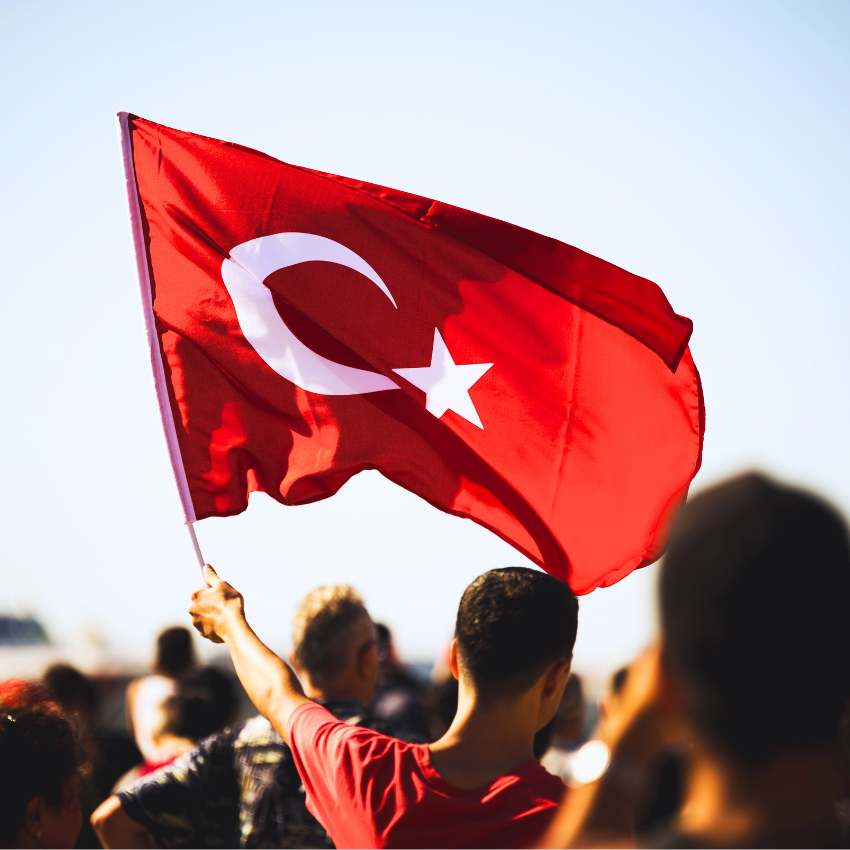
Titre Axe de recherche
French-Turkish Dialogue
Türkiye's relationship with the European Union today is a major factor that determines how it conducts reforms, but it is important to look at the cost of this adjustment. The process of recovering the acquis communautaire is long and constantly faces problems posed by political projects (such as the stability of institutions, religious minorities, Cyprus, etc.).
The evolution of Euro-Turkish relations uncovers some of Türkiye's internal fragilities. The Franco-Turkish relation partially illustrates these difficulties, but it also experiences the tensions associated with mutations the society, political systems and economic structure of the two countries endured.
In any case, it is important to evaluate the state of the political, economic and cultural relations between France and Türkiye and to understand the reasons for their evolution. Down the road, it is important to tie new partnerships in order to secure the development of a realistic and harmonious interaction between the two countries.
Today, Ifri is positioned at the centre of a renewed Franco-Turkish dialogue, aiming to overcome generalisations, erroneous perceptions and circumstantial disagreements. Ifri aims to offer civil society actors, the business community, the non profit sector and the media occasions to communicate in a safe space.
The Contemporary Türkiye Program thus aims to encourage the Franco-Turkish dialogue on three complementary planes: debating ideas, a business dialogue and a media dialogue.
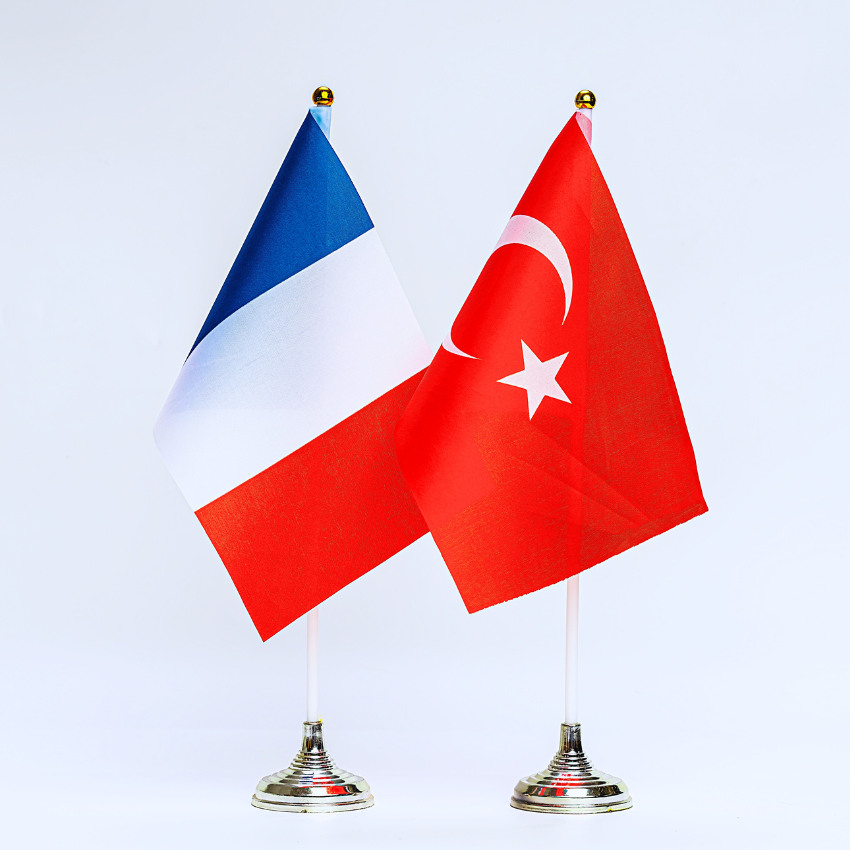
Titre Axe de recherche
Middle East/North Africa
From Morocco to Saudi Arabia, internal destabilizations, the redistribution of states, and the assertion of new regional powers are at work in a region that remains central to all the world's powers.
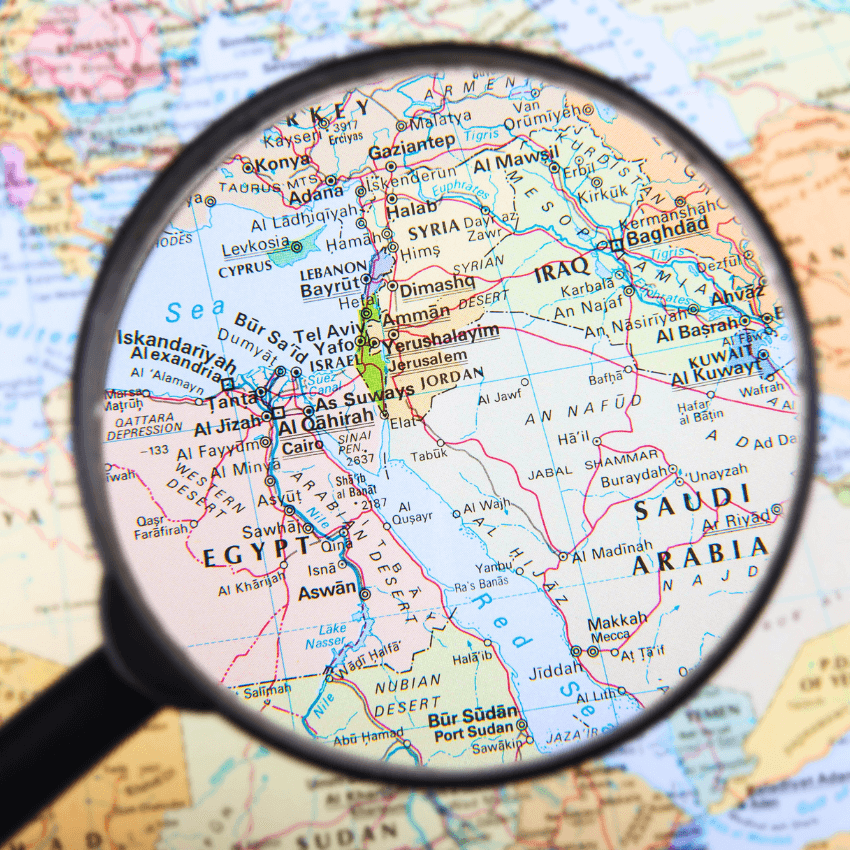
Publications
Temporary Workers or Permanent Migrants? The Kafala System and Contestations over Residency in the Arab Gulf States
The Arab Gulf is the third largest receiving region for global migrants (after North America and the European Union). The six states of the Gulf Corporation Council (GCC) are the richest Arab economies, boast some of the highest GDP per capita rankings in the world, and they all depend upon guest workers in virtually every economic sector. Guest workers have played an integral role in the Gulf since the 1970s, supplying the skills and manpower needed to implement ambitious development plans.
Germany and the Arab Spring
Much of the analyses of German reactions to the Arab Spring uprisings have focused on Germany’s contentious decision relating to Libya. By siding with the critics of military intervention in abstaining from UNSC 1973, Germany vexed its allies and arguably displayed an astonishing lack of geostrategic foresight and moral rectitude.
Al-Qaeda in a Changing Region
On Tuesday 10 April 2012, Osama bin Laden was finally replaced on the FBI’s most wanted list by a fugitive schoolteacher accused of possessing child pornography. As the United States’ perception of threat has shifted, so too has the broader national security discourse. The prominent al-Qaeda analyst Peter Bergen observed that the terrorist group which launched the 9/11 attacks is now more or less out of business. He argued, too, that it is time to declare al-Qaeda defeated and “move on to focus on the essential challenges now facing America”: fixing the country’s economy, containing a rising China, managing the rogue regime in North Korea, and continuing to delay Iran’s acquisition of nuclear weapons.
To Attack or Not to Attack: Israel Confronts a Dramatic Decision
In the heat of the public discussion on the possibility of an Israeli attack on Iran’s nuclear facilities, Prime Minister Benjamin Netanyahu stressed that he has not yet decided whether to attack Iran. At the same time, partly in response to opponents of such an attack, he made it clear that the risk of harm to the home front at this point, when Iran still does not have nuclear weapons, is dwarfed by the risks involved in an attack on Israel after Iran has gone nuclear.
Religion and Politics in Egypt Today: Ideological Trends and Future Prospects
The dynamics of Muslim-Copt relations and how they are managed by the Church and the State are part and parcel of Egypt’s transition post-Mubarak because they underlie the discussions concerning Egypt’s future as a civil State. The treatment of Copts and other religious communities under a new government will be a key indicator of the maturity of Egypt’s democratic transition.
Algeria: Cosmetic Change or Actual Reform?
Algeria has emerged as something of an “exception” across the Middle East and North Africa (MENA) region, and while the recent elections have been marred by widespread allegations of fraud, the results have effectively consolidated the regime’s grip on power thus ensuring its complete monopoly over the country’s reform process.
The Obama Administration and Syria: From "off the table" to on
A quick look at the news dealing with the Syrian uprising the last year shows a slow progression from protests and civil resistance towards violence. The Obama Administration’s policy dealing with what many have called “slow motion revolution” has evolved in fits and starts, with mixed episodes of confusion, assertiveness, denial and drift.
Is Turkey an Economic Exception?
This roundtable dealt with the specificities of Turkey"s economy, which is completing major economic achievements in particularly difficult times. François Faure analyzed the risks of an economic backlash following the European crisis; Turkey appears indeed in a weaker position than in 2008 and difficult times could lie ahead. Esen Çağlar pointed out how Turkey progressed from a low-technology to medium-technology economy, thus ensuring considerable levels of growth. Yet, a renewed reform agenda is needed if Turkey wants to maintain its economic performance. Deniz Ünal addressed the issue of economic governance under the AKP and the consistency of their economic policy agenda. In any case, Europe will most certainly play a role in the country"s economic future. According to Rémi Bourgeot, the Middle East cannot provide an alternative to European markets even if it offers interesting opportunities for the Turkish South East. Turkey"s future growth will also depend on its capacity to impose itself as a corridor between Europe and its neighbours energy resources.
U.S.-Moroccan Relations: How Special?
U.S.-Moroccan ties have sometimes been described as a "special relationship." This paper explores the bilateral relationship to investigate how special it really is.
U.S. Foreign Policy and the Israeli-Palestinian Conflict: A View from Palestine
How will the US respond to the changing Palestinian and Arab paradigm?
The Team

Our research fellows: Turkey/Middle East Program
Related research programs
Support independent French research
Ifri, a foundation recognized as being of public utility, relies largely on private donors – companies and individuals – to guarantee its sustainability and intellectual independence. Through their funding, donors help maintain the Institute's position among the world's leading think tanks. By benefiting from an internationally recognized network and expertise, donors refine their understanding of geopolitical risk and its consequences on global politics and the economy. In 2024, Ifri will support more than 70 French and foreign companies and organizations.






